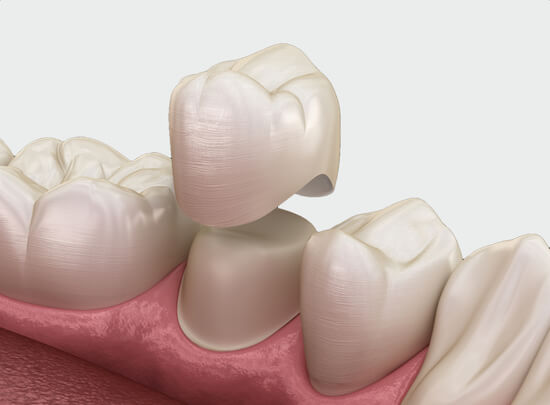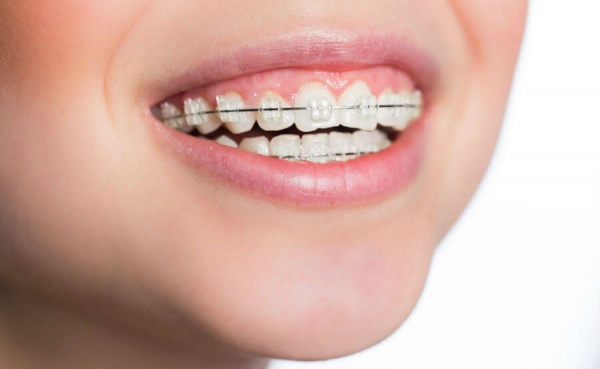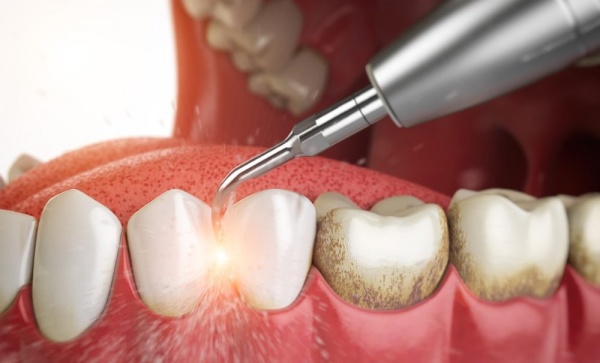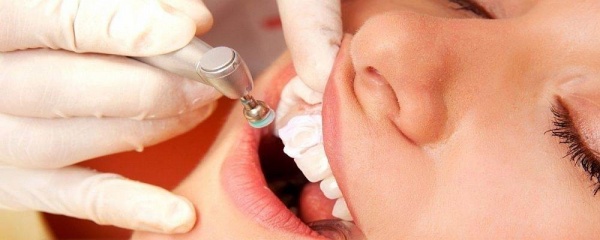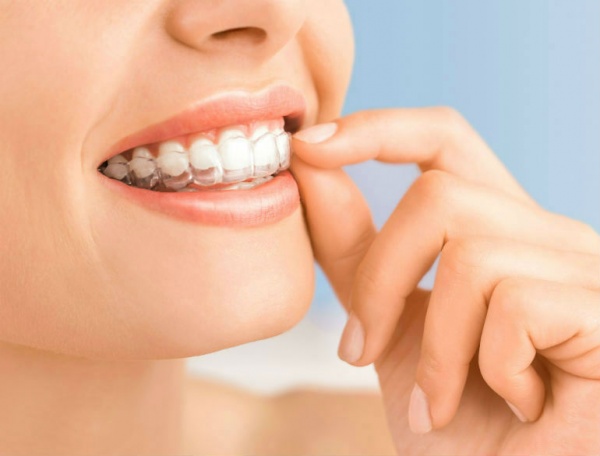Bleeding gums is one of the most common and uncomfortable symptoms of several oral diseases. Not only does it cause discomfort in everyday life, but it can also cause significant damage to your health if you don't seek treatment from your dentist in time.
Typically, the causes of bleeding gums are related to periodontal tissue disease. This can be gingivitis or periodontitis. What is the difference?
Gingivitis is the mildest form of gum inflammation that does not cause irreversible changes in the tissues of the mouth. With timely treatment, everything can be brought back to normal fairly quickly. But if gingivitis is not treated, it develops into periodontitis, which destroys the bond between the tooth and gum, and the inflammation spreads from the gums to the bone tissue. This disease is much more serious, because the teeth become loose and can be lost.
What else can cause bleeding gums?
- Stomatitis. This is a lesion of the mucous membrane of the mouth, which in addition to bleeding is accompanied by the appearance of small ulcers, bad breath, painful sensations when eating
- Improperly selected hygiene products. If the toothbrush you're using is too hard, it can cause damage to your gums, especially if you use it too much. Also, be careful with dental floss and toothpicks, which can traumatize your gums.
- Surgical interventions. If your gums are bleeding in the first few hours after a tooth extraction or other surgical procedure, you have nothing to worry about. Just follow your doctor's recommendations. But if bleeding lasts longer than a day, be sure to consult your doctor.
- Pregnancy. Pregnancy causes significant hormonal changes in a pregnant woman's body, causing her gums to bleed a lot. Bleeding can also occur in those who are being treated with hormones.
- Smoking. Smokers have a significant decrease in local immunity in the mouth, which leads to inflamed gums and their bleeding. Dentists recommend getting rid of this habit - both gums and teeth suffer from it.
- Vitamin deficiencies. First of all, we are talking about vitamin C - if it is not enough, you can develop scurvy, which can even cause tooth loss.
Typically, gums start to bleed gradually - at first you see very little blood when you brush your teeth or eat solid food, but then the amount starts to increase. Keep in mind that time is your best ally in this case, and it is important to see a doctor as soon as the first symptoms appear.
Treatment for bleeding gums should begin with a thorough diagnosis and identification of the cause. How to treat bleeding gums depends mainly on the cause that caused it. If it is a case of bleeding after surgery or trauma, you need to be careful not to introduce infection, but in general, the healing process will not require additional manipulation.
If we are talking about bleeding that is caused by gum disease, you must first eliminate the cause of the inflammation. You can argue a lot about the effectiveness of folk methods, but no home recipe is not able to cure gums - relief will come only temporarily, while the symptoms are blocked, but then everything will return with renewed vigor. Therefore, it is important not to rely on folk medicine, but to trust your health to professionals.
The most effective prevention of bleeding gums is careful oral hygiene. Take care of your health, brush your teeth twice a day, use extra hygiene products (irrigators, flossing, rinses, etc.). And, of course, don't forget to visit your dentist for examinations and professional hygiene procedures.

